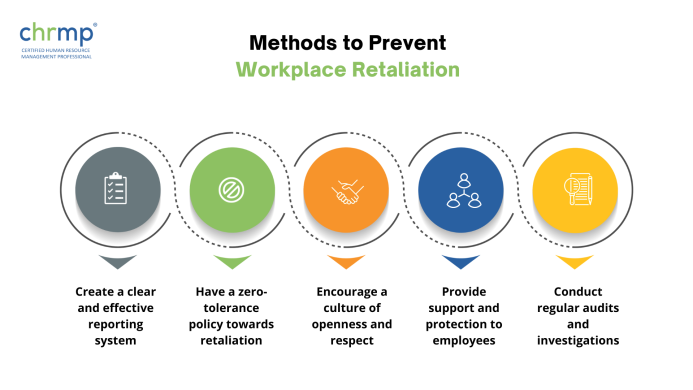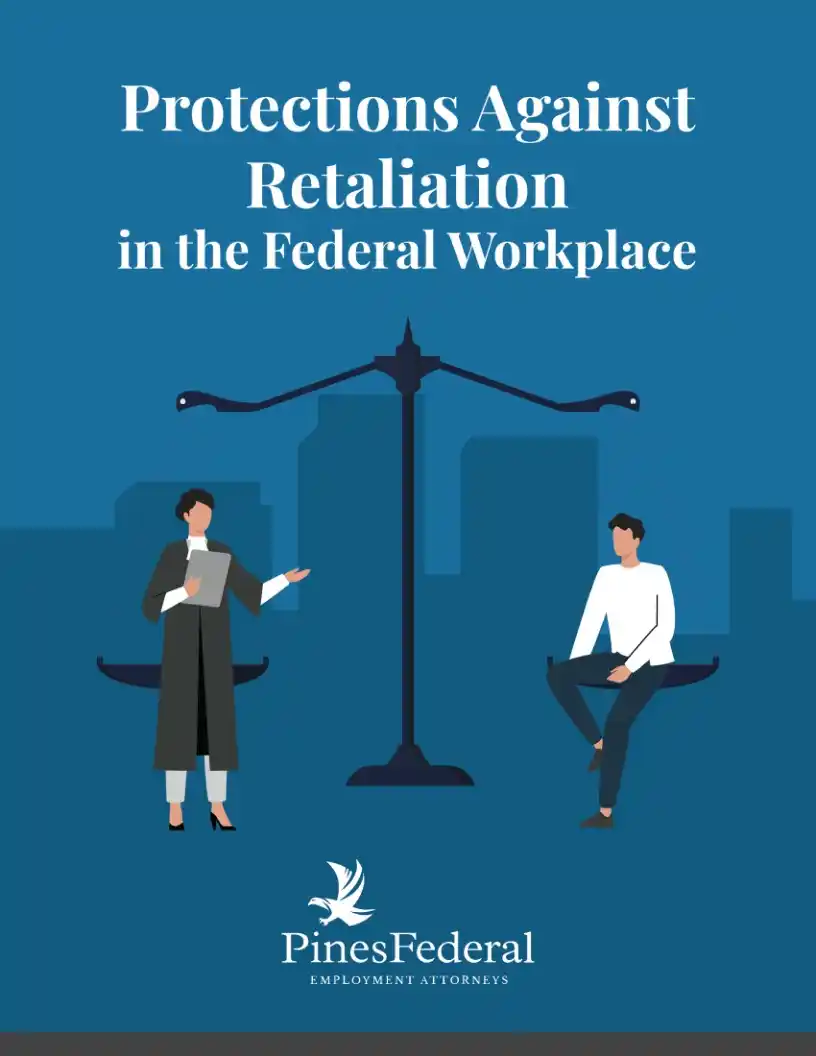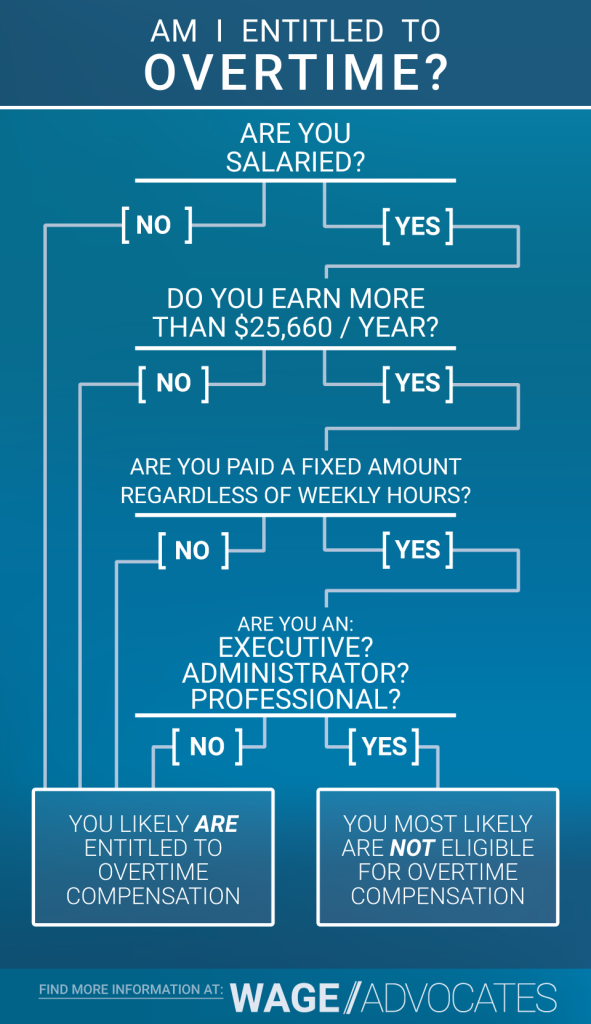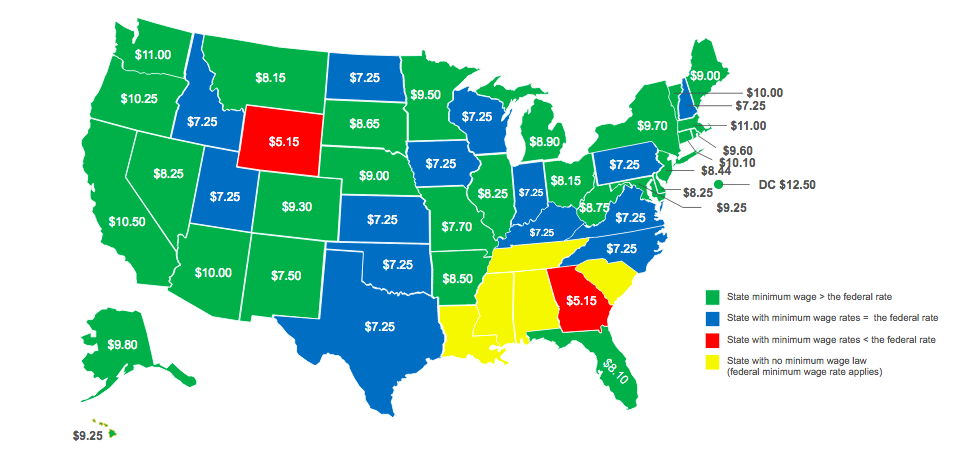
Your Shield at Work: Understanding Protections Against Retaliation in the Workplace
Workplace disputes, reporting misconduct, or even just asking for a reasonable accommodation can be nerve-wracking. A common fear that stops many employees from speaking up is the worry of "getting back at" or being punished for their actions. This fear is very real, but it’s crucial for every employee to know: there are powerful legal protections against retaliation in the workplace.
This comprehensive guide will break down what workplace retaliation is, why it’s illegal, and what steps you can take if you believe you’re experiencing it. Our goal is to empower you with knowledge, making complex legal concepts easy to understand.
What Exactly Is Workplace Retaliation?
At its simplest, workplace retaliation is when an employer (or someone acting on their behalf, like a manager) takes a negative action against an employee because that employee engaged in a legally protected activity.
Think of it this way: You did something you had a legal right to do, and your employer then punished you for it. This "punishment" doesn’t have to be a firing – it can take many forms.
Key components of a retaliation claim often include:
- Protected Activity: The employee did something legally protected.
- Adverse Action: The employer took a negative action against the employee.
- Causal Connection: There’s a link between the protected activity and the negative action (meaning the employer took the action because of the protected activity).
Why Do Protections Against Retaliation Exist?
The laws protecting against retaliation are fundamental to a fair and just workplace. They exist for several crucial reasons:
- Encourage Reporting: Without these protections, employees would be too afraid to report discrimination, harassment, safety violations, or other illegal activities. This would allow harmful or illegal practices to continue unchecked.
- Uphold Laws: Many employment laws (like those against discrimination or for workplace safety) would be meaningless if employers could simply punish anyone who tried to exercise their rights under those laws.
- Promote Transparency and Accountability: They help ensure that employers are held accountable for their actions and that workplaces operate within legal and ethical boundaries.
- Protect Whistleblowers: They give a voice to individuals who expose wrongdoing, often benefiting the public good.
Key Laws That Protect You Against Retaliation
Several federal laws, and often state and local laws, include strong anti-retaliation provisions. Here are some of the most common ones:
1. Anti-Discrimination Laws (Enforced by the EEOC)
These laws protect you when you report or participate in an investigation related to discrimination or harassment based on protected characteristics:
- Title VII of the Civil Rights Act of 1964: Prohibits discrimination (and thus retaliation for reporting it) based on race, color, religion, sex (including sexual orientation, gender identity, and pregnancy), and national origin.
- Americans with Disabilities Act (ADA): Protects individuals with disabilities from discrimination and ensures reasonable accommodations. It also prohibits retaliation for requesting accommodations or reporting disability discrimination.
- Age Discrimination in Employment Act (ADEA): Protects individuals aged 40 and over from age-based discrimination and retaliation for reporting it.
- Equal Pay Act (EPA): Prohibits sex-based wage discrimination and retaliation for asserting equal pay rights.
- Genetic Information Nondiscrimination Act (GINA): Prohibits discrimination based on genetic information and retaliation for reporting it.
2. Whistleblower Protection Laws
These laws protect employees who report specific types of wrongdoing, often related to public safety or financial fraud:
- Occupational Safety and Health Act (OSHA): Protects employees who report unsafe working conditions, safety violations, or exercise their rights under OSHA.
- Sarbanes-Oxley Act (SOX): Protects employees of publicly traded companies who report accounting fraud or other violations of federal securities law.
- Dodd-Frank Wall Street Reform and Consumer Protection Act: Offers expanded protections for whistleblowers in the financial services industry, including monetary awards.
- Various Environmental Protection Laws: Such as the Clean Air Act and Clean Water Act, contain provisions protecting employees who report environmental violations.
3. Leave and Wage Laws
- Family and Medical Leave Act (FMLA): Protects employees who take qualified medical or family leave. It’s illegal to retaliate against someone for taking FMLA leave or requesting it.
- Fair Labor Standards Act (FLSA): Governs minimum wage, overtime pay, and child labor. It prohibits retaliation against employees who report wage violations (e.g., not being paid overtime).
4. National Labor Relations Act (NLRA)
- This law protects the rights of most private-sector employees to organize, form, join, or assist a labor organization, bargain collectively, and engage in other "protected concerted activities" for their mutual aid or protection. Retaliation for these activities is illegal.
What Actions Are "Protected Activities" That Can Trigger Retaliation Protections?
It’s important to understand that not just any complaint will trigger anti-retaliation protections. The complaint or action must be "protected" under the law. Here are common examples:
- Reporting Discrimination or Harassment: This includes telling HR, a manager, or a union representative about perceived discrimination (based on race, gender, age, disability, etc.) or harassment.
- Participating in an Investigation: Cooperating with an internal company investigation or an investigation by an external agency (like the EEOC) into a discrimination or harassment complaint.
- Requesting a Reasonable Accommodation: Asking for adjustments due to a disability or religious belief.
- Taking FMLA Leave: Requesting or taking qualified leave under the Family and Medical Leave Act.
- Reporting Safety Violations: Notifying OSHA or your employer about unsafe working conditions.
- Reporting Wage and Hour Violations: Complaining about unpaid overtime, minimum wage violations, or other issues covered by the FLSA.
- Refusing an Illegal Order: Declining to carry out an instruction that you reasonably believe is illegal.
- Engaging in Protected Concerted Activity: Discussing wages, working conditions, or unionizing with co-workers, even if there isn’t a union.
- Filing a Workers’ Compensation Claim: Reporting a workplace injury and filing a claim for benefits.
Important Note: Your belief that the activity was illegal doesn’t have to be proven true for your protection to kick in. You just need to have a "reasonable and good faith belief" that what you reported was unlawful.
What Does Retaliation Look Like? (Examples of "Adverse Actions")
Retaliation isn’t always as obvious as being fired. It can take many forms, both big and small, as long as it would discourage a reasonable employee from engaging in protected activity. Here are common examples of "adverse actions":
- Firing/Termination: The most extreme and obvious form.
- Demotion: Being moved to a lower-level position.
- Reduction in Pay or Hours: Your salary or working hours are cut.
- Negative Performance Reviews: Suddenly receiving poor evaluations after a good record.
- Unfavorable Job Reassignments: Being moved to a less desirable shift, location, or given less desirable tasks.
- Exclusion: Being left out of meetings, projects, or social events critical to your job function.
- Increased Scrutiny/Micro-management: Suddenly being watched much more closely than your peers.
- Harassment: Being subjected to increased verbal abuse, isolation, or intimidation.
- Threats: Direct or indirect threats of negative consequences.
- Denial of Promotion or Training: Being passed over for opportunities you are qualified for.
- Unjustified Disciplinary Actions: Receiving warnings or write-ups for minor or fabricated issues.
- Blacklisting: Preventing you from getting jobs elsewhere (though harder to prove).
Key Takeaway: An action is considered "adverse" if it would likely deter a reasonable employee from making or supporting a charge of discrimination or engaging in other protected activity.
Steps to Take If You Believe You’re Being Retaliated Against
If you suspect you’re a victim of workplace retaliation, taking prompt and strategic steps is crucial.
1. Document Everything
This is perhaps the most important step. A detailed record is your best friend:
- Keep a Journal: Record dates, times, specific incidents, what was said, who was present, and how you were affected.
- Save Communications: Keep emails, texts, voicemails, or notes from meetings that are relevant.
- Gather Performance Reviews: Collect any positive performance reviews or awards received before the alleged retaliation started.
- Identify Witnesses: Note down anyone who may have witnessed the incidents.
- Record the Protected Activity: Clearly document when and how you engaged in the protected activity (e.g., "On May 1st, I reported sexual harassment to HR Manager Jane Doe.").
2. Review Company Policy
Check your employee handbook or company policies regarding:
- Anti-retaliation
- Complaint procedures
- Discrimination and harassment
- Whistleblowing
Understanding the company’s stated procedures can help you follow them correctly and identify if the company itself is violating its own rules.
3. Report Internally (If Safe and Appropriate)
In many cases, your first step should be to report the retaliation through your company’s official channels, usually to:
- Your HR Department
- A higher-level manager (if your direct manager is the one retaliating)
- A compliance officer
Why report internally?
- It gives your employer an opportunity to fix the problem.
- It creates a formal record of your complaint.
- In some cases, it’s a required step before filing with an external agency.
Be clear that you believe you are being retaliated against for a specific protected activity.
4. File a Complaint with an External Agency
If internal reporting doesn’t resolve the issue, or if you don’t feel safe reporting internally, you can file a formal complaint with the relevant government agency.
- For Discrimination/Harassment Retaliation: File a charge with the U.S. Equal Employment Opportunity Commission (EEOC). They investigate complaints related to Title VII, ADA, ADEA, etc. Be aware of strict deadlines (usually 180 or 300 days from the last act of retaliation).
- For Safety Violations Retaliation: File a complaint with the Occupational Safety and Health Administration (OSHA).
- For Wage and Hour Retaliation: Contact the U.S. Department of Labor (DOL), Wage and Hour Division.
- For Union Activity Retaliation: Contact the National Labor Relations Board (NLRB).
These agencies will investigate your claim and may mediate a resolution or decide to pursue legal action on your behalf.
5. Seek Legal Counsel
Consulting with an experienced employment law attorney is highly recommended. An attorney can:
- Evaluate the strength of your case.
- Advise you on your rights and the best course of action.
- Help you navigate the complex legal process.
- Represent you in negotiations, mediation, or court if necessary.
Employer Responsibilities to Prevent Retaliation
Employers also have significant responsibilities when it comes to preventing retaliation:
- Clear Policies: Develop and distribute clear, understandable anti-retaliation policies.
- Training: Train all employees, especially managers and supervisors, on what constitutes retaliation and how to prevent it.
- Prompt Investigations: Thoroughly and promptly investigate all complaints of discrimination, harassment, and retaliation.
- Take Corrective Action: Take appropriate disciplinary action against those who engage in retaliation.
- Protect Confidentiality: Maintain confidentiality to the extent possible to protect the complainant.
- Foster a Culture of Respect: Create a workplace culture where employees feel safe speaking up without fear of negative consequences.
Conclusion: Your Right to a Retaliation-Free Workplace
The fear of retaliation is a powerful deterrent, but it’s essential to remember that you have legal rights. Protections against retaliation are in place precisely because lawmakers understand this fear and want to ensure that employees can speak up about wrongdoing without jeopardizing their careers.
Knowing your rights, understanding what constitutes protected activity and adverse action, and taking the right steps to document and report can make all the difference. Don’t let fear silence you. Your voice contributes to a safer, fairer, and more just workplace for everyone.
Disclaimer: This article provides general information and is not intended as legal advice. Laws regarding workplace retaliation can be complex and vary by jurisdiction. If you believe you are experiencing retaliation, it is strongly recommended that you consult with an experienced employment law attorney or the appropriate government agency for advice specific to your situation.




Post Comment